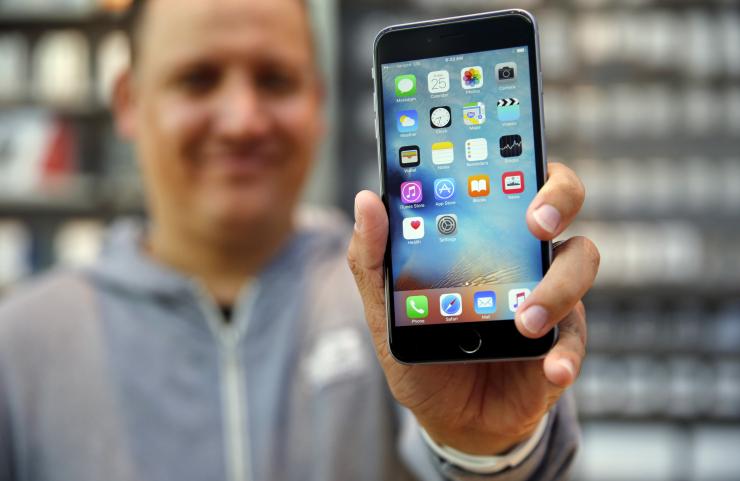-
Tips for becoming a good boxer - November 6, 2020
-
7 expert tips for making your hens night a memorable one - November 6, 2020
-
5 reasons to host your Christmas party on a cruise boat - November 6, 2020
-
What to do when you’re charged with a crime - November 6, 2020
-
Should you get one or multiple dogs? Here’s all you need to know - November 3, 2020
-
A Guide: How to Build Your Very Own Magic Mirror - February 14, 2019
-
Our Top Inspirational Baseball Stars - November 24, 2018
-
Five Tech Tools That Will Help You Turn Your Blog into a Business - November 24, 2018
-
How to Indulge on Vacation without Expanding Your Waist - November 9, 2018
-
5 Strategies for Businesses to Appeal to Today’s Increasingly Mobile-Crazed Customers - November 9, 2018
Here’s Apple’s freaky plan to protect your iPhone screen
We have all been in that situation when you drop your phone and watch helplessly as it falls.
Advertisement
When not in use, the screen protectors are retracted inside the iPhone by motors or actuators. The inclusion of advance technology screen protectors sounds good and would be placed on four corners of the display. They could even project over the screen while extended for added protection. But a new invention from Apple could prevent that from happening in the first place.
We’re all hopeful that one day manufacturers will be able to offer shatterproof glass, but Apple has another plan that seems insane, but it just might be what the doctor ordered. Furthermore, Apple stated that there are different materials for this thing, such as ones that are flexible, unbending plastics, polymers, thin metals or other composites that are appropriate.
The screen protectors automatically pop up when sensors detect a fall.
Apple also notes the iPhone’s cameras and audio system could be used to trigger the preventative mechanism with motion-capture software keeping an eye on fast-approaching proximity or an ultrasonic pulse being emitted to identify changes in height and speed.
If the phone then lands with the screen face down, these bumpers will stop it from hitting the floor and becoming damaged, according to the Daily Mail. The good news is that this patent might not really need new technology, as sensors that can detect falling is already found in most phones, like accelerometers and gyroscopes, so we suppose it’s really a matter of calibrating it to detect when a phone might be falling.
The supposedly small and cheap accessory aims to make customers feel more confident in using their Apple devices.
Advertisement
Another patent by Apple titled, “Wireless Device Networks with Smoke Detection Capabilities”, was earlier published last month.




























